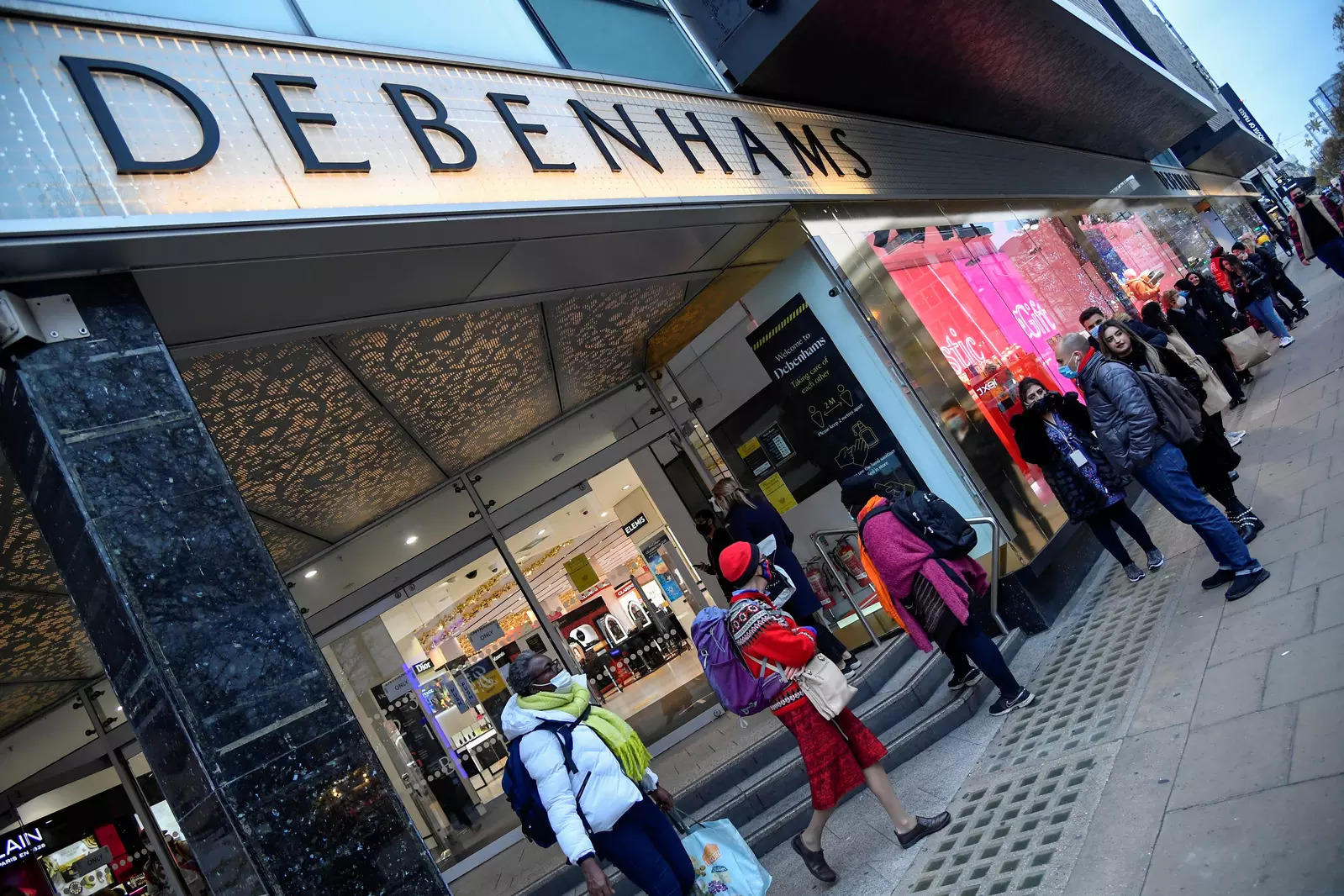Introduction:
Debenhams, the popular UK department store, has been a household name for generations of Britons; however, after a tumultuous past few years, the company’s administrators finally made the decision to sell the brand to online fashion retailer Boohoo for £55 million. This acquisition marks another significant shift in the retail landscape as brick-and-mortar stores continue to struggle amidst the pandemic, and online sales skyrocket.
The news has been met with mixed feelings. Some consumers are saddened by the passing of the beloved department store chain, while others view it as a necessary step for the brand’s survival. In this blog post, we’ll delve into the backstory leading up to the sale and what this transition means for both Debenhams and Boohoo.
Background of the Debenhams’ Struggles
The end of Debenhams’ tenure as a leading department store has been a long time coming. The company has been facing financial challenges for several years, culminating in its filing for bankruptcy and eventual sale. The pandemic and nationwide lockdowns only exacerbated these issues, with Debenhams being forced to close its physical stores and shift its focus solely online.

The sale to Boohoo is undoubtedly a turning point for the company, with its administrators citing that it was the “best outcome” for all parties involved. Boohoo has grown significantly in recent years, primarily through targeted acquisitions of struggling brands. While some have criticized the company for its fast fashion practices, Boohoo’s acquisition of Debenhams presents an opportunity for the company to expand into new markets and potentially create a more sustainable business model.
What this means for Debenhams’ Employees
One of the major concerns of Debenhams‘ sale was the impact on its 12,000 employees. Unfortunately, the sale announcement marked the beginning of a lengthy consultation process, leading to the loss of around 6,500 jobs – almost half of the company’s workforce. Boohoo has stated that it will only be taking on Debenhams’ online business, meaning the future of its physical stores and remaining staff is unsure.
Consumer Response to the Sale
Debenhams has been a staple of the British high street for over two centuries, so it’s no surprise that the sale announcement was met with mixed emotions from consumers. While younger generations may see the sale as an inevitable shift towards online shopping, many long-time Debenhams customers are saddened by the prospect of losing a beloved institution.
In terms of Boohoo’s existing consumer base, some may see this as an exciting opportunity to access products from a well-known brand, while others have expressed concerns over the quality assurance of Debenhams‘ products once under Boohoo’s ownership.
Conclusion:
The sale of Debenhams to Boohoo marks the end of an era for the beloved British department store chain. The company’s struggles were undoubtedly exacerbated by the pandemic, forcing administrators to make a tough decision. While some may mourn the loss of Debenhams, the sale presents an opportunity for Boohoo to expand into new markets and potentially create a more sustainable business model. However, the loss of over 6,500 jobs is certainly a blow to the UK retail sector, and the future of Debenhams’ remaining physical stores remains uncertain. Only time will tell how this acquisition impacts both brands and their consumers.
